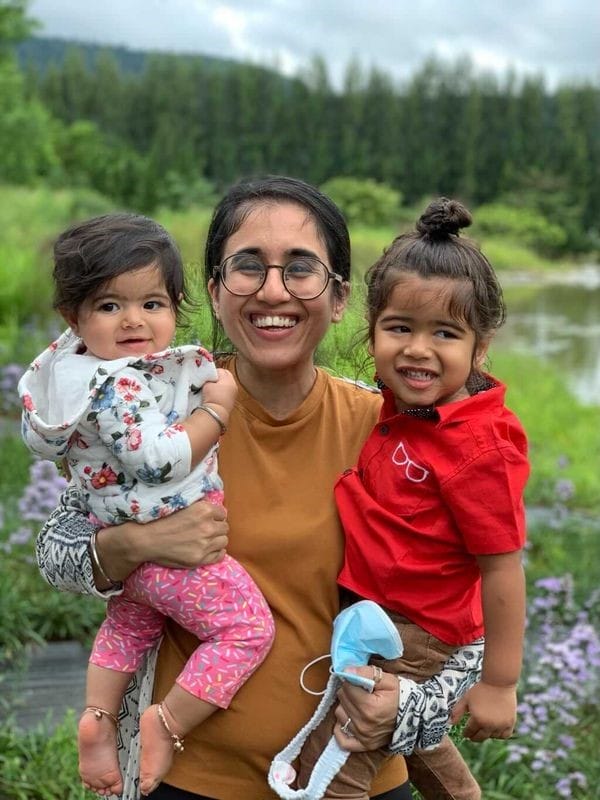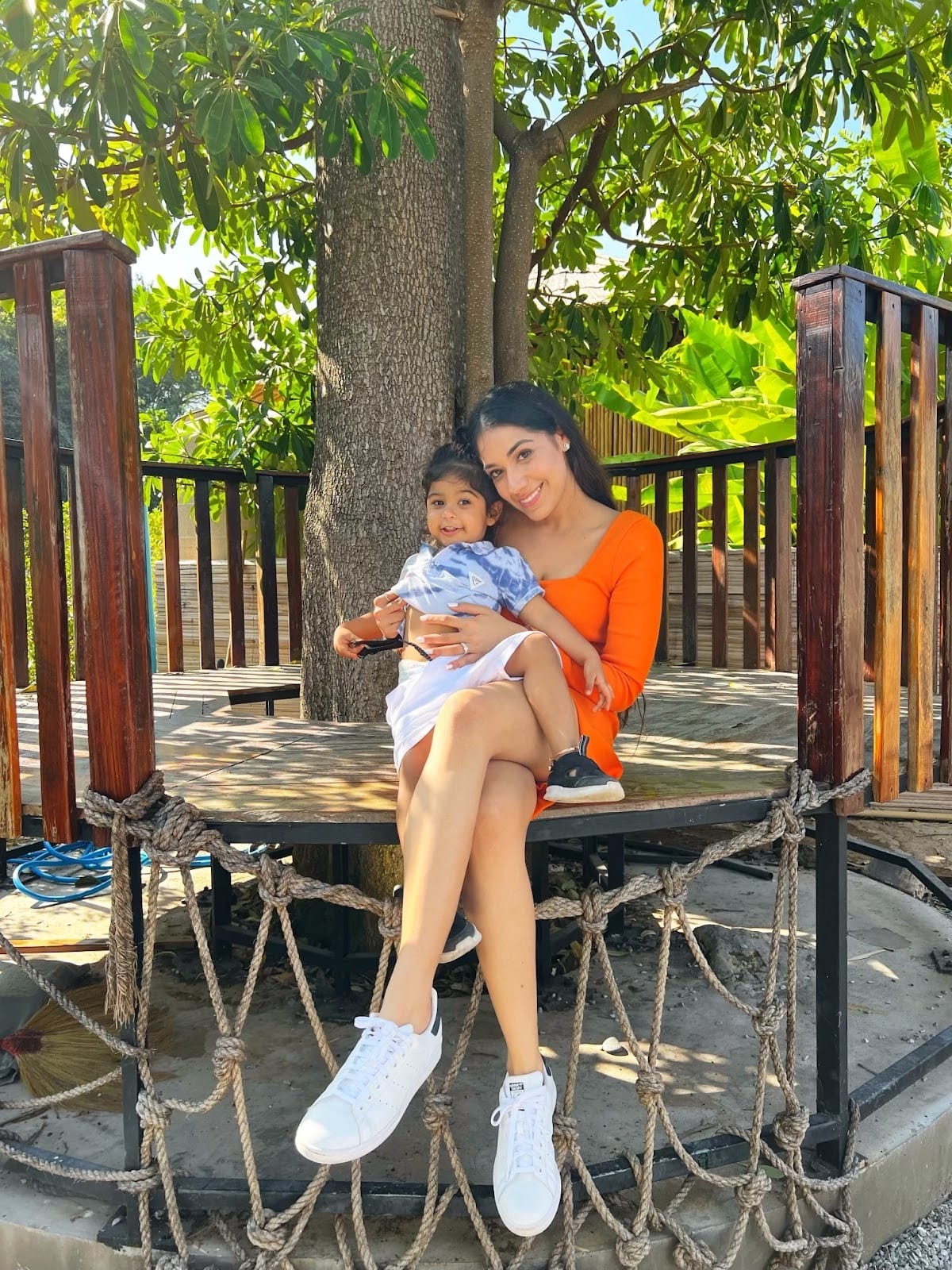How we need to leave the ‘boys will be boys’ mindset behind.
By Rubani Sethi
The sentiment, “boys will be boys” hurts everyone because it propagates gender stereotypes. This common phrase, which is heard in our Indian households, is often used as an excuse when something happens that requires an apology. We never hear the phrase “girls will be girls,” as there is an implicit expectation that girls should always act lady-like and never do anything “worth apologising for.”
It is no secret that the generations before us saw girls and boys raised differently. Boys were let off the hook, but a lot of young women have been held accountable for their actions since a very young age. Boys were raised to feel shame for expressing their emotions, while girls were raised to believe that their roles in society were limited to the home. Boys were given access to an inheritance, while girls were made to rely on their partners. This has resulted in a culture where boys have always believed themselves to be superior to girls, thus perpetuating a culture of toxic masculinity.
Now, looking at the new generation of Thai-Indian parents, there is a change in how they are choosing to raise their children. They are raising them as equals, regardless of gender, which I hope will create a healthier society in the long run. To spark a conversation, I decided to askmothers in our community to share their experiences and how they’re ensuring they foster a healthy household dynamic.
JASNAM SACHDEV
Mother of a 3-year-old son and 1-year-old daughter
I’d like to believe that I raise both my children the same way. I don’t differentiate at all between them being a girl or a boy nor do I let it dictate their activities, toys, or clothes. Jaanvi wears her brother’s clothes and plays with his toys. Kavi, on the other hand, loves pink and enjoys cooking, baking and cleaning, which are things that are typically considered “girly.” I think it is important to allow them to express themselves and their interests without placing gender constructs on them.
My husband is definitely on the same wavelength as me, otherwise I wouldn’t have married him! [Laughs] He is an amazing hands-on father who does everything for the kids. There is no divide of what is considered my duty versus his duty and we join hands in parenting. I love that his mother raised him to be independent and that means that he even knows how to cook (better than me)! He’s also the patient parent, so his calm allows the kids to feel emotionally supported, which is extremely important, especially in our community where men never really show emotion. My husband is sensitive and that has a positive influence on the kids.
I think everyone can agree that parenting is probably the hardest job in the world. Often, the way we raise our children will define the people they become in life. We must teach our kids the importance of respect and try to break through social barriers that aim to define them based on gender. Daughters and sons should have equal rights and should be taught the same values and ethics.
I have a brother and a sister and was lucky to have parents who raised us the same way. They fully supported us in our aspirations and always encouraged trying new things. I played football since I was four years old and joined many sports leagues growing up. There was never a push for “girly” things even though I was more of a tomboy. We were always given the same choices and I hope to do the same for my kids!
RAVLEEN MADAN SINGH
Mother of an almost-3-year-old son
My son is almost three, and is currently an only child. I try to the best of my ability to raise him without the gender biases we grew up with. Whatever he chooses to play with (footballs, cooking, or reading) he does so freely. I do occasionally hear some judgment (never from close family, thankfully) about raising him to do more “boy” things but choose not to let it affect my decision-making.
I grew up with two older brothers and although my parents always treated us equally and fairly, without a doubt, they were much more protective of me. Therefore, there was a limit to some of the opportunities I was given. In this way however, I can see how far we have come as a collective in raising our current generation with equal opportunities.
My generation was much more about “protecting our daughters from harm” compared to the new sentiment of “raising respectful sons.” We can’t change how others bring up their children, but it definitely starts within our own homes. My husband and I certainly value more open and honest communication with our child, and hold the belief that expressing his emotions is healthy. Additionally, holding him accountable for his actions is also very important.
There should be no excuse for toxic boy behaviour anymore. We need to raise independent children, and teach our sons to be able to handle all aspects of life without relying on women to handle roles that have otherwise been labelled as “feminine,” such as cooking, cleaning up, etc.
Additionally, children learn by example. It’s important to show respect within the home as much as possible. If children see equality in their closest relationships i.e. their parents, they will bring that forward as they grow up. Both my husband and I share a lot of the responsibility at home as we both work, so I appreciate that we have a good balance and hopefully our children grow up valuing that as well.
NEESHA KAUR
Mother of 14-year-old daughters and a 4-year-old son
I come from a family that didn’t have any boys but my parents never let us feel like that mattered. However, it didn’t stop the comments from the further community about not having a boy. In my own family, I’ve been making every effort to bring up my son as best as any mother would. I ensure he is sensitive of others and able to show empathy, but he is still so young that we have a long way to go.
Recently when he was upset and started to cry someone said to him, “boys don’t cry” and I immediately corrected them by saying, “everybody cries.” Why is there a need to raise boys who don’t show emotion? Boys and girls in today’s world are equals and they shouldn’t be raised with any gender bias. My husband worries sometimes that I have made him too sensitive and has no doubt said to me: “he is a boy,” to which I always respond with “that doesn’t mean he shouldn’t be in touch with his feelings or those of people around him.” The world is changing and we too should adapt with it. I think as parents of the next generation, we are well aware of this, it’s just tricky figuring out how to go about it.
SUNISA PALSINGH
Mother of 1-and-a-half-year-old son
I don’t have a brother but I still grew up around male cousins and my friends’ brothers. As individuals born in the 20th century, I believe we got to experience how a sexist society functions and how sons were favoured and treated differently than daughters, especially in our culture. Fortunately, my sister and I were raised by my father and grandmother, in which there were hardly any gender biased obligations around us. As parents, it is our job to provide our children with both roots and wings. We must water them so their roots can grow and also nurture their wings so they can fly. It is the same for every child regardless of gender.
I would like to ask you a question – if you were to witness a child crying, would it make any difference in the time taken for you to comfort that child knowing their gender? Do you think that boys should be able to endure more than girls in a situation like this?
In my opinion, girls are often comforted but inhibited from exploring or taking risks, whereas boys are actively encouraged to be daring but they are often left alone when they are scared, lonely or sad, and sometimes to an extent, punished for expressing their feelings. Because of this, girls are often hesitant to spread their wings and discover their own power, while boys who aren’t given enough nurturing need extra help in putting their roots down.
As a part of conscious parenting, I would like to help my son grow both his roots and wings. I believe that some inborn differences are real, however they are quite small. Boys and girls might play differently but I do believe that the differences are all learned and drilled into a child. Parenting, education, and culture can minimise or exaggerate these small biological differences. However in our society, they tend to be exaggerated.
I believe that in the past, boys have had obstacles in being able to connect because they are more likely to have difficulty expressing feelings, showing that they have been hurt, looking vulnerable, maintaining intimate relationships, and giving or accepting tenderness. So it’s important for us parents to understand that and change the script. The phrase “boys don’t cry” is outdated and destructive. We all are aware of how damaging it can be, yet we still react differently to boys’ tears than girls’ tears.
Emotional connection is the way forward. It is crucial to develop emotional literacy amongst boys, especially in a society where they have to portray that they have it all. It has to start somewhere and where would be the best place to start if it’s not at home with parents? Cuddle your boy, encourage them to play in any way that they’d like to, read poetry, sing, dance, involve them in the food preparation process and cleaning after, allow them to cry, and express themselves when they are hurt.
KANCHAN KHURANA
Mother of 8-year-old and 5-year-old sons
I have two boys, and while the younger one learns a lot from my older one, I raise them the same way I was raised, to be independent. My parents never question my way of bringing up my children as they believe in me and have given me independence, taught me how to think for myself and not depend on others. I have a younger brother and sister. Being the older sibling, I was never given fewer privileges than my younger brother. My parents did not treat any of us less than the other. Having another girl in the house was a delight, I really thank my parents for bringing us up in a way where I want to do the same with my children.
With changing times, our mindsets need to evolve. I do feel the need to change a few aspects, like teaching them basic life skills we all had to learn before gadgets and smartphones existed, as life back then was far more different. I definitely see how men today are quite different in the sense that they feel they rule the world. I believe this reflects the household they were brought up in, so I don’t think it is completely their fault as to how they are. I believe as a parent, you do hold a big responsibility on how your child will grow into as an adult.I make sure my boys learn basic day-to- day chores and ensure that their gender should not stop them from having certain responsibilities. It is my duty as a mother to inculcate these basic needs so that they do not need to depend on someone to do them and vice versa.
There should be no labels on things like, ‘being in the kitchen is meant for women’ and ‘earning is a man’s job.’ So teaching these beliefs from a young age was very crucial for me. I believe I set an example for the change I want to see in our lives and in our culture. If we want a change, we have to start now. In my household, I hold the value of treating each child, whether it’s a girl or boy, equally.











